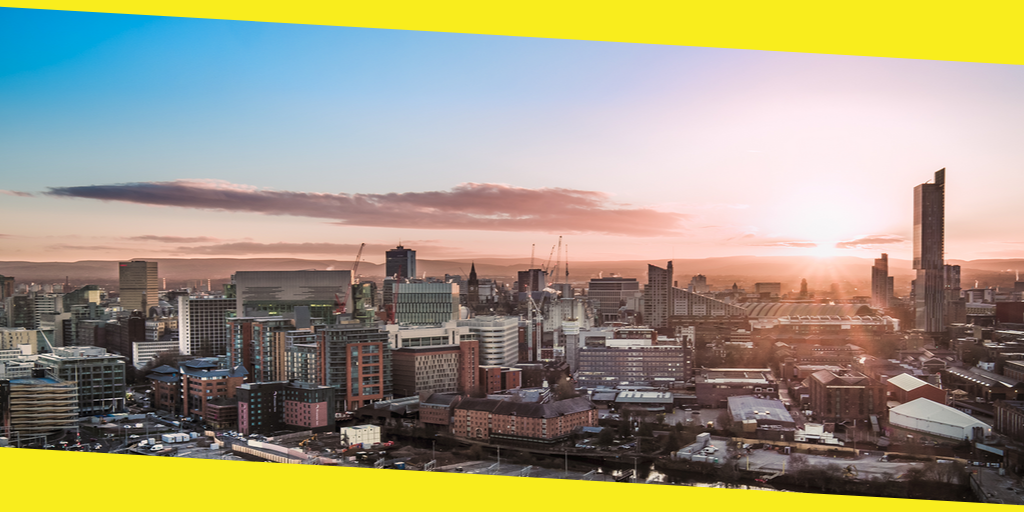10 Facts About Manchester You Must Know
This post was last updated on January 18th, 2024

Once called the textile powerhouse, Manchester is a city in the northwest of England and is known for its industrial heritage. It is also the second-largest city in England, London being the first. With a football team to its credit, Manchester is much more than its technological advancements and rich culture. Here is a list of 10 facts about Manchester that can make you fall in love with the city all over again.
1. World’s first passenger train station
Manchester is the birthplace of the world’s first passenger train station, which relied solely on steam power. Incepted in 1830, this passenger train station has many firsts associated with it. It was the first double-track railway station, the first to carry mail and also the first station to have a signalling system. Here you can check best Manchester bus tours.
2. Scientific prodigy
Manchester is where the ‘atom’ was first split, giving science a major breakthrough. This led to many more significant scientific innovations in the following years. The world’s first modern computer (nicknamed ‘baby’), the first one with stored programme and memory, was also built in this city.
3. UK’s oldest library
The first-ever free public library in the world, called “Chetham’s Library”, was established in Manchester in 1653. It still stands tall today, with over 100,000 printed books at the beck and call of avid readers. It is also the oldest library in the United Kingdom.
4. Nobel Prize laureates
Ranked third, after Oxford and Cambridge, the University of Manchester is the proud educator of 25 Nobel Prize winners. No wonder the city has scaled the ladder of extraordinary technological advancements!
5. Linguistic diversity
The city of Manchester boasts of being home to a whopping 200 languages, which is more than 3% of the total languages spoken in the world. International students who want to study and learn the English language can enrol for a programme with a english school in manchester for greater learning. If you are passionate about your professional goals, Manchester can be the ideal study destination for you.
6. Rolls-Royce’s inception
Manchester is where the idea of starting Rolls-Royce Limited was incepted over a meal. In 1904, a car salesman Charles Rolls and an engineer Henry Royce met for lunch at The Midland Hotel and bam, the world got one of the most sought-after luxury cars. Today, Rolls-Royce also manufactures aero-engine equipment.
7. Breast-shaped hill
This dynamic city was not always called Manchester. It was originally called Mamucium (known to be a Celtic name) which means “breast-shaped hill”. You could also visit a Manchester breast enlargement clinic in town.
8. The Mummy study
If you are intrigued by mummies and want to know more about them, Manchester is the place to be. The University of Manchester is the only educational institution in the world to have a course dedicated to Mummy studies. In fact, the university also owns a Mummy Tissue Bank!
9. M&S Store
While M&S made its first appearance at Leeds as a market stall, the first-ever store of M&S was set up in Manchester in 1894 at the Stretford Road.
10. Europe’s largest student population
Manchester boasts of having the highest student population in all of Europe, amounting to over 100,000 students ever year. This speaks volumes about the quality of education offered by Manchester-based universities.
Many international students opt to study in Manchester, given its extraordinaire technological status and high-quality education. This also means that many students, who are not well-versed in the English language, also pursue higher education in Manchester for better professional prospects. If you have ever a chance to visit this city, go explore it without a second thought.
You may like this
Recommended For You
Best Reasons to Choose a Serviced Apartment in Sathorn
Most Inside
Most Inside offers high-quality recommendations and valuable updates to enhance all aspects of your life, providing premium guidance and enriching experiences.




